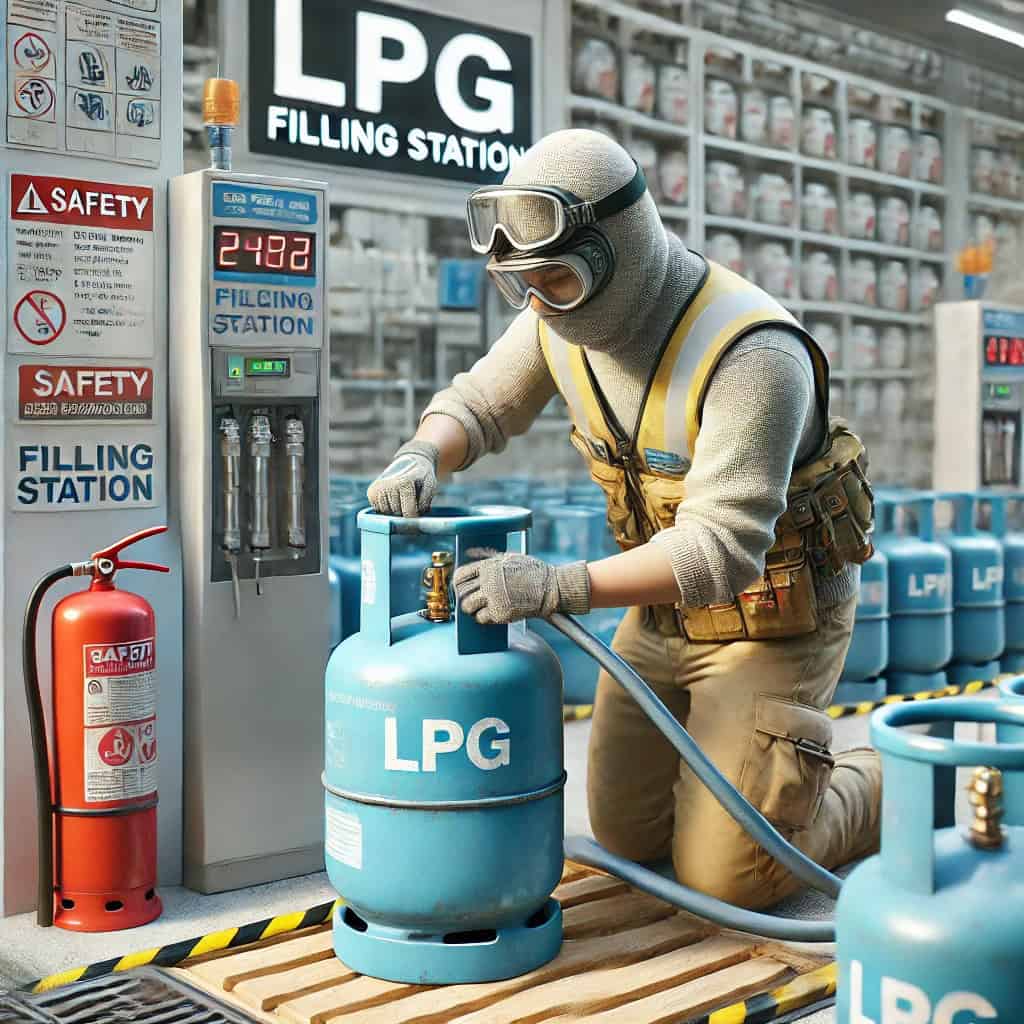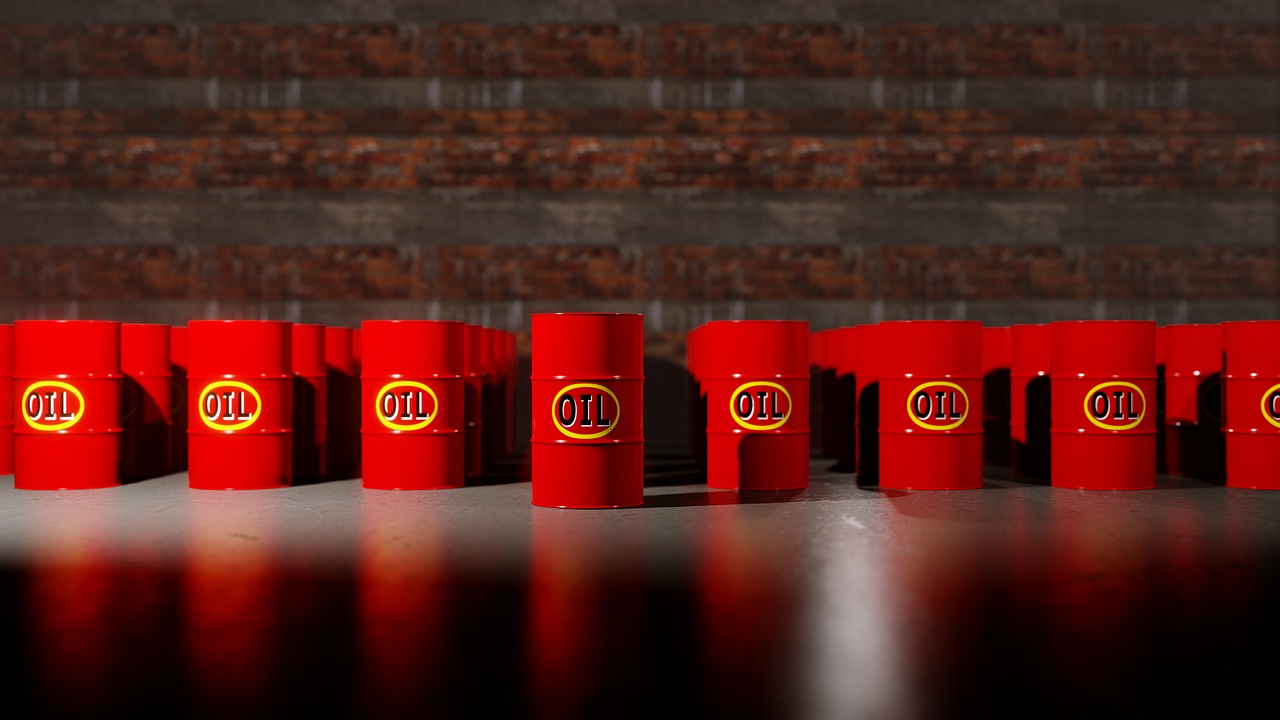Table of Contents
Introduction
What Is Liquified Petroleum Gas ? LPG or Liquified Petroleum Gas is a great sustainable and dependable source of energy and has very high applications in transportation and industrial sectors. LPG is widely used in house hold purposes. LPG mainly consists of Propane and Butane.
LPG is extracted from Natural Gas or is processed during crude oil refining. One of the biggest advantage of LGP is its ability to transform from gas to liquid making it very easy storage and transportation, due to this quality it is a leading energy provider for majority of house holds and industries across the globe.

Composition Of Liquefied Petroleum Gas
LPG is a combined mixture of Propane and Butane. Liquified Petroleum Gas in its gaseous state is colorless and odorless which makes it impossible to detect, due to which a smelly odorant called as “Ethyl Mercaptan” is added to it which gives it a distinct smell which helps to detect gas leakage from gas cylinders at homes and other premises.
When subjected to moderate pressure, LPG turns into liquid making it very easy to storage and transportation, once release it starts to vaporize making it a instant source of energy. Due to its high calorific value it burns efficiently and releases very less greenhouse gas making it efficient than other fossil fuels like coal.
Applications Of Liquefied Petroleum Gas

Domestic Use
The most important use of LPG is in households globally, where it is used as a clean and a efficient cooking fuel. In many rural areas throughout the globe LPG has replaced many traditional fuels like wood, cow dung cakes. Also usage of LPG has increased the indoor air quality and has drastically reduced health hazards.
Also LPG is used as fuel for heating during winter seasons which keeps the home premises warm.
Industrial Use
In most of the industries across the globe LPG is used as a source of heat for metal cutting, melting and other industrial activities. Since LPG cleanly burns it ensures minimum contamination and hazards making it ideal for industrial process which are very critical and sensitive.
Vehicle Gas
LPG, also known as Autogas which is very much in use as a cleaner alternative to conventional fuels like petrol and diesel. Vehicles that use LPG emit lower pollutants such as carbon monoxide and have lower green house gas emissions making it a popular choice for all the environmental policy makers.
Power Generation
LPG is used as primary source of energy for the power generating plants. During power cuts LPG is used as a reliable source of energy for maintaining continues power supply. And especially in rural areas where there is no power connections, LPG play a crucial role.
Benefits Of LPG
There are a lot of benefits of using LPG, let us discuss them one by one.

Environmental Friendly
LPG is very efficient and burns very cleanly emitting less pollutant gas when compared to other fossil fuels like coal. It produces almost no residual matter, reducing air pollution and health risks. In fact the usage of LPG also contributes to reduced deforestation and nature degradation.
Fuel Efficiency
Since liquefied petroleum gas has a high calorific value, it produces more energy compared to other fuels and its ability to produce instant heat energy makes it a ideal choice for industries and other house hold purposes like cooking and heating purposes
Adaptation And Versatility
Liquefied petroleum gas has a wide range of application right from house hold purposes to industries to automotive fuels which proves its versatility across all industries and sectors. Since it can be store in cylinders or tanks it fulfils majority of the energy demands in rural and urban areas across the globe.
Cost And Accessibility
Since Liquefied petroleum gas has high efficiency a high combustion rate, it reduces the overall costs for the consumers. Also LPG is easily accessible across the globe making its easily available in the remote areas of the country.
Challenges of Liquefied Petroleum Gas
The storage and transportation requires special infrastructure and equipment, in developing country where there is no proper infrastructure can limit the access of LPG in urban and rural areas. LPG is also prone to leaks and other fire hazards, regular maintenance of cylinders and tanks have to be conducted from time to time. Strict protocol and consumer training is very much essential to mitigate risks.
Although liquefied petroleum gas is a very clean gas when compared to fossil fuels like coal but still it is a hydrocarbon gas which emits carbon-di-oxide when burned in the long run the shift towards sustainable fuels is a big need.
Conclusion
LPG is a fuel that has transformed lives of people and industries across the globe. Its application across various industries and sectors ranging from heating and power generation makes highly commendable.
As the world transitions and leans towards sustainable and renewable energy resource, liquified petroleum gas continues to play a pivotal role in global energy mix. With new advancements like Bio LPG and improved infrastructure and distribution networks it has a greater potential to biggest security provider in the energy sector across the globe.
To Read more about Liquefied Petroleum Gas please consider reading this article : LPG
To read more on Is Natural Gas Renewable, read the following article : Is Natural Gas Renewable
Hope you like our article on Liquefied Petroleum Gas, please share it with your friends and families.
Happy Learning !



One thought on “What is Liquified Petroleum Gas ? A Sustainable Energy Source.”